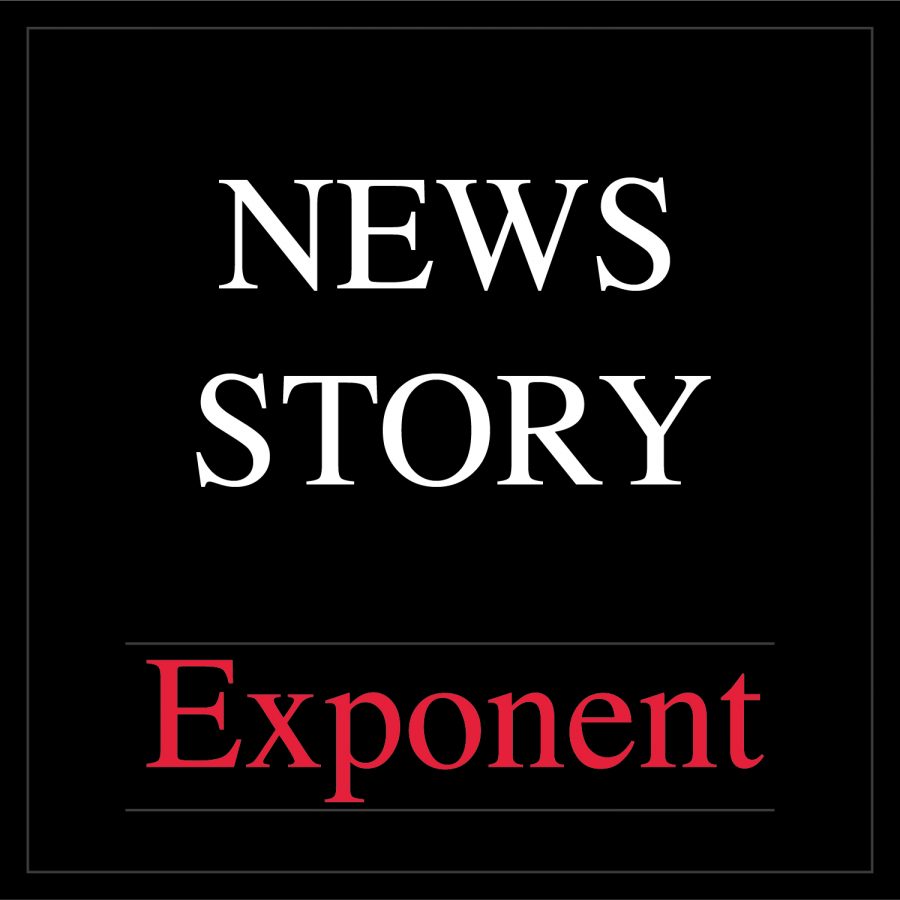Celebrating 50 Years of Women’s Studies
In honor of the 50th anniversary of the UW-Platteville Women and Gender Studies Program, the University Women’s Council hosted the Celebration of Strength and Wisdom in Women on March 31, from 3 p.m. to 5 p.m., in the University Rooms in the Markee Pioneer Student Center.
However, Barbara Parsons, the co-founder of UW-Platteville’s Women’s Studies Program, saw in her records that the Women’s Studies program was not established until 1976.
Dr. Parsons justified the 50th anniversary to be celebrated anyway and said, “In 1972, (the) Women’s Studies program at Platteville was a glean in our eye.”
Dr. Parsons presented a vital connection between the pioneer women of the past and the pioneer women of the present and future. Her statistics described a campus made up predominantly of men, which created an environment where sexism was encouraged.
Since the 1970s, women in the UW-Platteville faculty have increased from 14 percent to a little over 36 percent. Women used to make up 20 percent of the student-population, which has at least doubled since then. Additionally, women currently constitute 58 percent of the academic staff when in the past, there were only three women on academic staff.
In 1971, nearly one hundred women from 19 campuses gathered at a conference in Madison to share their experiences. They formed the Wisconsin Coordinating Council for Women in Higher Education and “it was the first statewide group of this nature to be established in any university system anywhere,” said Dr. Parsons.
About 15 of those participants were from UW-Platteville. The WCC began to hold a monthly conference which helped women faculty and staff understand how much they had in common. Many teachers were beginning to see the need for resources in Women’s Studies.
In 1973, a task force was planned for incorporating the emerging discipline of Women’s Studies. “It was the first full-scale statewide Women’s Studies planning endeavor of its sort in the country,” said Dr. Parsons.
Dr. Parsons talked about the support Women’s Studies was given at UW-Platteville and then the backlash it received when the course was challenged by cutbacks and tight budget allocations. Dr. Parsons said it was during this time that the dean of UW-Platteville thought “at best, it (Women’s Studies) was to be tolerated, but at worse, it was something to be suspicious of.”
Dr. Parsons described her own experience of understanding Women’s Studies. “We all knew our disciplines. All we needed to do was, by using the lens of a feminist eye, develop ways of critically questioning, exposing, evaluating, reinterpreting and reforming much of what we ever learned,” she said.
Women’s Studies has evolved into what is now called Women and Gender Studies. Dr. Parsons said that the course’s adaptability “is (a) testimony to its feminine wisdom to acknowledge a reality of a world not reducible to its cisgender identity.” The ancient Greek word for wisdom is “Sophia, a term of feminine grammatical gender,” said Dr. Parsons.
After keynote speaker Dr. Parsons advocated for the importance of representation in democracy, a video of women faculty and staff played. An important lesson in the video was about how women should “hold their space,” or recognize and accept the values they have in conversations that take place in the professional world.
An award ceremony commenced afterward and Dr. Kristina Fields, professor in the Department of Civil and Environmental Engineering, received the 2022 Carol Sue Butts Outstanding Woman of the Year award on behalf of the University Women’s Council. The Outstanding Woman of Color was awarded to Brittany Sherman. To close the ceremony, Student Woman of the Year nominees were listed off.
The last part of the celebration was a discussion panel led by four women of UW-Platteville faculty and staff: Angela Miller, Dr. Ann Marie Lerner, Dr. Annette Kuhlmann and Dr. Jodi McDermott. They each talked about their positive experiences of the community at UW-Platteville. The panel then answered questions from the audience about navigating self-doubt and speaking up rather than keeping silent




